ARC2020’s President Hannes Lorenzen gives us his thoughts after Brexit.
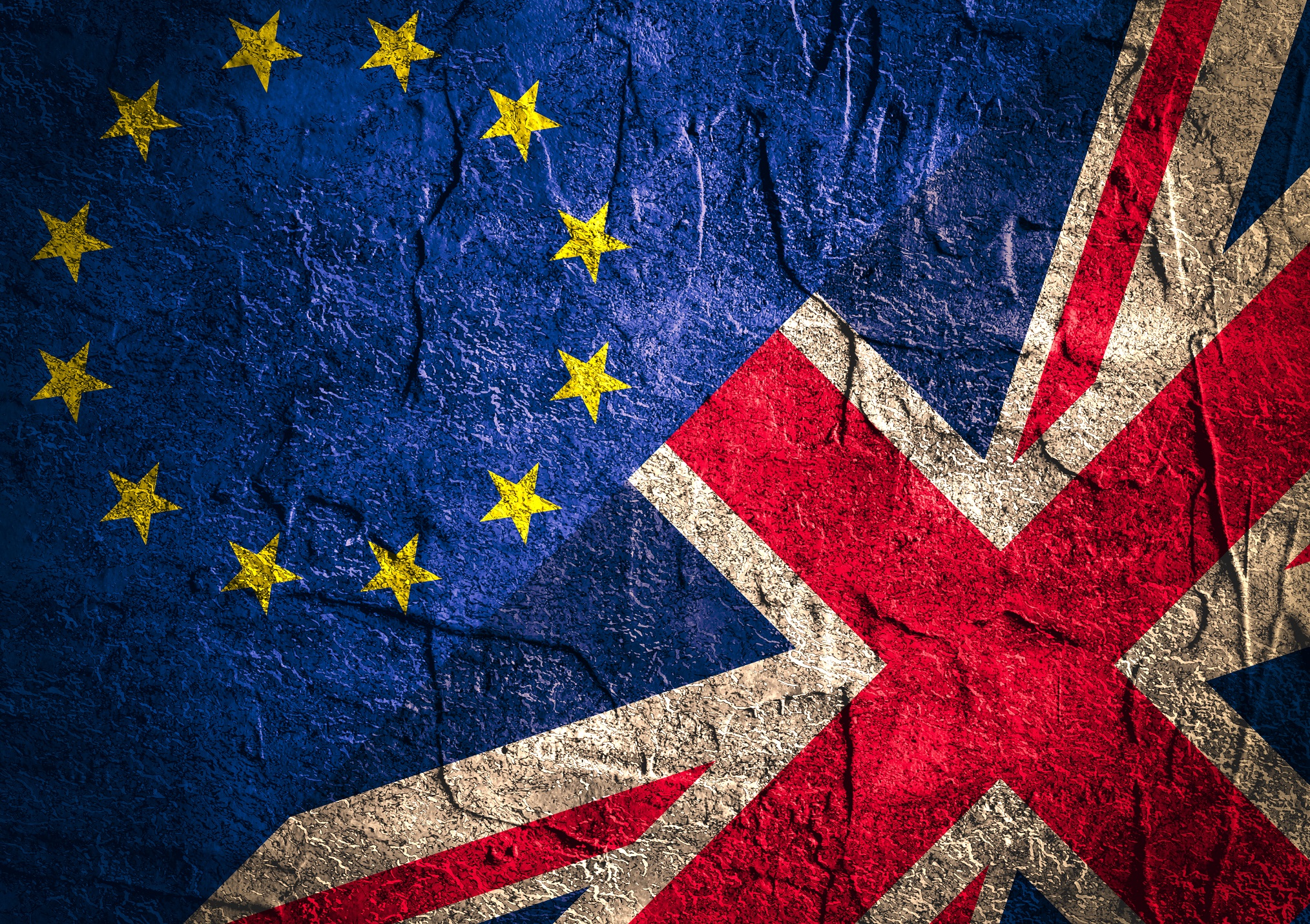
Dear friends,
The outcome of the referendum in the United Kingdom is worth some thoughts about our future as Europeans.
It is useless to enter blame mode. There are many reasons for being frustrated, upset, desperate or simply sad about the state of the world as it is. Our part of this world, Europe, is in a very bad state of mind. Hate is back between us, between political camps and parties, between governments, countries and people who do not even try to talk or understand each other. The question of the referendum was whether to stay or leave the EU. But the answer was more than “leave!”. It was an outcry of discontent and fear.
On front pages of newspapers and internet networks there is language which feeds racist, nationalist, chauvinistic and egoistic feelings and thinking. First there is hate in thinking, then in words, then in action. The killing of Jo Cox, the young British Member of Parliament during the Brexit campaign should sound an alarm bell to all of us.
We cannot keep the world out there. It is coming to us. Climate change, the desperate situation of millions of refugees and migrants, and the increasingly destructive global competition for resources are the very challenges we have to deal with. No one can escape that. The current state of the world out there is part of our common national and European colonial and post-colonial responsibility. The numerous wars and conflicts around us, and the current wave of terrorism within our nations have their roots in our own European and Western histories. If we ignore this and further use pre-war language among ourselves we will very quickly end up in new wars in Europe.
The European dream appeared from a nightmare of wars between our people. The iron curtain between East and West came down 27 years ago. Now new mental and barbed wires are being drawn between old and new neighbors, even within the European Union, to keep people out. They will not protect us from any of those challenges we might be afraid of. They will just be the source of new divisions and conflicts between us.
So what is new since the Brexit?
The first thing is that the decision is finally made. The campaign is over. The process of separation will now start. It is most probably irreversible for one or two generations and will have wide-ranging consequences for the EU and the UK.
The second thing is that within the EU and within the UK various camps will feel encouraged to further dig in their positions and sharpen their language. Within the EU, populists will take the Brexit as a blue print for further “leave” campaigns. Within the UK, independence movements in Scotland and Northern Ireland already mobilize for independence from the UK in order to be able to stay in the EU; the divide between “leave or in” has also become apparent between elder and younger people, cities and the countryside and enterprises which depend on access to the EU internal market.
Thirdly, for the remaining 27 national heads of governments it may dawn upon them that using the EU as a scapegoat for domestic problems – while picking EU money and markets – is no guarantee to stay in power. Mr. Cameron failed with that. Also earlier referenda in Denmark, France and the Netherlands hit the EU while primarily aimed at national governments.
Forth, the national governments in power may now feel obliged to think about ways to keep the European project together. But they seem to be stuck. The frictions are deep. The divide between North and South, East and West has never been so sharp. Austerity policies preferred by governments in the North and East of the EU or new public investments for employment and social welfare preferred by governments in Southern member states are worlds apart. In the same way the ongoing Greek crisis reveals how far political elites are out of touch with day to day problems of people and how close to pressures of the demands of banks and national industries. Furthermore, the former political landscape is in flux. A switch of votes from extreme and moderate left to extreme right has taken place in many countries. Mainstream parties can no longer count on their constituencies to follow their lead. They have to have new solutions that show they are listening.
Fifth, there is a worst case and a best-case scenario after Brexit.
The worst case is that Brexit is the beginning of the end of the European project. The EU would continue to exist as a mere global market place without any ambition to tame the destructive forces of global capitalism, nor to meet global challenges like climate change or to work as a Union towards social cohesion and fair trade with third countries.
The best-case scenario would be that Brexit creates new movements of civil society beyond party camps with a European spirit, which reveal the core ideas of European cooperation and solidarity and organize themselves as pan-Europeans beyond national borders. On governmental and institutional level, that scenario would include a process of intensified dialogue and cooperation with candidate countries for accession and neighbors of the EU like Ukraine, the Black Sea and Mediterranean region.
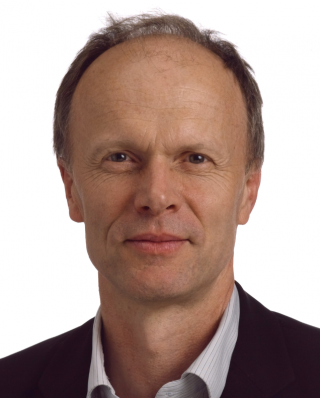
My best case scenario might sound naïve against the dominant mood of frustration and anger. But it is not more naïve or illusionary than the visions of the founders of the European project after Second World War. We must not underestimate the power of compassion for humane, democratic and just societies in Europe. They emerge from deep crisis. The European civil society movements I am working with carry that compassion and positive energy. They embrace Europe on a much wider scale than within the borders of the EU. And they have found ways to influence and change the sometimes-sclerotic structures of the European institutions in a creative manner.
First there is an open mind and creative thought; then come encouraging language and dialogue; further appear gatherings, democratic decisions and good practices; and out of all that may appear a new European project.
It is worth trying.


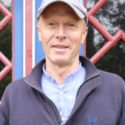
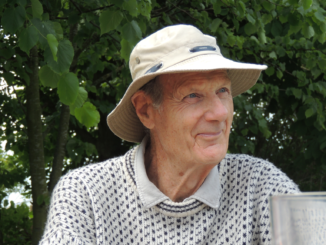
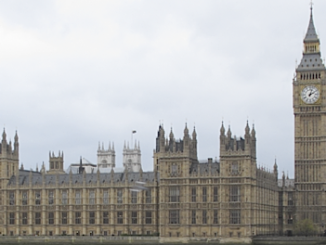
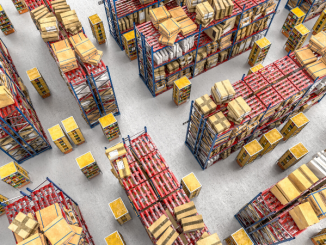
thank you Hannes,
certainly the most lucid text I’ve read since uk referendum ;-)
we need a ‘daring’ Europe.